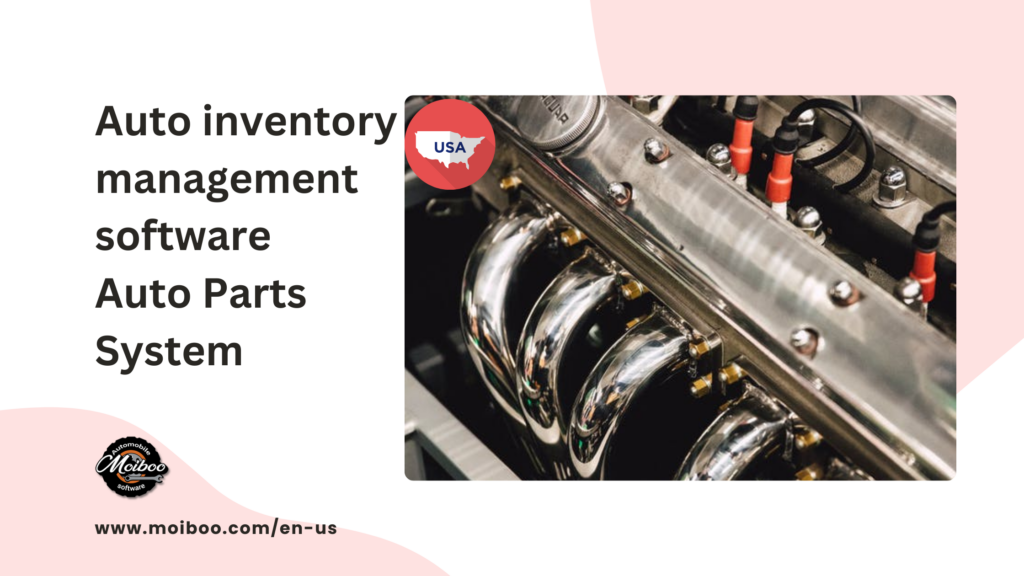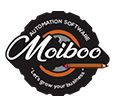The Ultimate Guide to Auto Inventory Management Software for Car Dealers and Parts Stores. If you are running an auto dealership or a car parts store, you know how challenging it can be to manage your auto inventory. You need to keep track of the vehicles and parts you have in stock, their location, condition, price, and demand.
You also need to optimize your inventory levels to avoid overstocking or running out of stock. And you need to market your inventory effectively to attract and retain customers.

That’s where auto inventory management software comes in. Auto inventory management software, also known as vehicle inventory management software, is a type of software that helps you manage your automotive inventory more efficiently and profitably. It is not just about knowing how much inventory you have, but also about tracking, sorting, and organizing the vehicles and parts from the point they are manufactured and delivered to the end users.
Benefits of Auto Inventory Management Software in USA
Auto inventory management software can provide many benefits for your auto business, such as:
- Reduced costs: By using auto inventory management software, you can reduce the costs associated with inventory holding, ordering, shipping, and handling. You can also avoid losses due to theft, damage, or obsolescence of your inventory.
- Increased sales: Auto inventory management software can help you increase your sales by enabling you to find and promote specific inventory that customers want and provide them with accurate and compelling information about your products3. You can also use the software to analyze your sales trends and optimize your pricing and promotions strategies.
- Improved customer satisfaction: Auto inventory management software can help you improve your customer satisfaction by ensuring that you have the right products in the right place at the right time. You can also use the software to communicate with your customers and provide them with updates on their orders, deliveries, and warranties.
- Enhanced productivity: Auto inventory management software can help you enhance your productivity by automating and streamlining your inventory processes and workflows. You can also use the software to integrate with other systems and platforms, such as accounting, CRM, eCommerce, or shipping software.
Features of Auto Inventory Management Software USA
Auto inventory management software can offer various features for managing your automotive inventory, such as:
- Inventory tracking: This feature allows you to monitor and record the movement and status of your vehicles and parts throughout your supply chain. You can use barcodes, RFID tags, GPS devices, or other technologies to identify and locate your inventory items4.
- Inventory optimization: This feature allows you to determine the optimal inventory levels for each product based on factors such as demand, lead time, cost, and availability. You can use algorithms, formulas, or rules to calculate the reorder points, safety stock levels, and order quantities for each product.
- Inventory reporting: This feature allows you to generate and access various reports and analytics on your inventory performance and trends. You can use dashboards, charts, graphs, or tables to visualize and interpret your inventory data.
- Inventory marketing: This feature allows you to create and distribute attractive and informative listings for your vehicles and parts on various channels and platforms. You can use templates, photos, videos, descriptions, or reviews to showcase your products.
If you are running an auto parts business in the USA, you need to be aware of the various needs and challenges that you may face.
Whether you are selling new or used auto parts, online or offline, domestic or foreign, you need to comply with the regulations, meet the customer demands, and stay ahead of the competition. Here are some of the main needs that auto parts businesses in the USA have:
Regulatory Compliance
- Customs and Border Protection (CBP): CBP is responsible for enforcing the customs laws and collecting the duties and fees on imported goods. CBP also inspects and verifies the documents and labels of imported vehicles and parts.
- The Environmental Protection Agency (EPA): EPA is responsible for enforcing the environmental laws and standards related to emissions, fuel economy, and hazardous substances. EPA also certifies and approves the vehicles and parts that meet the emission requirements.
- The National Highway Traffic Safety Administration (NHTSA): NHTSA is responsible for enforcing the safety laws and standards related to crashworthiness, theft prevention, and recall. NHTSA also approves and assigns the vehicle identification numbers (VINs) and labels for imported vehicles and parts.
- In addition to these federal agencies, some states may have their own regulations and requirements for vehicles and parts. For example, most states require a license for businesses that buy, restore, recycle, and resell used car parts2. Therefore, auto parts businesses need to research and comply with the relevant laws and regulations at both federal and state levels.
